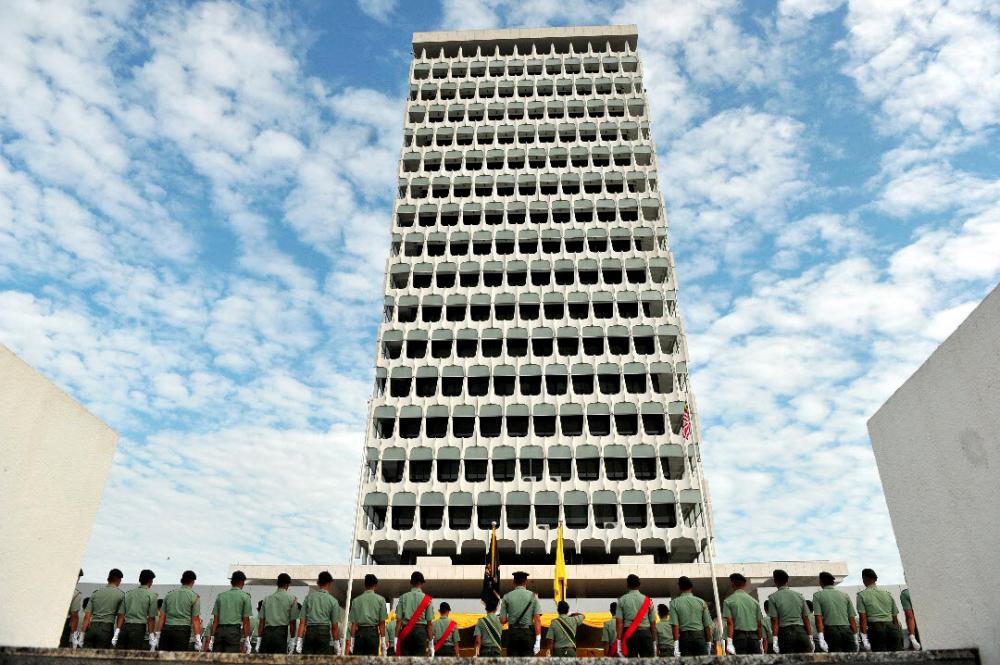PETALING JAYA: The Pakatan Harapan (PH) government must convince all stakeholders of its sincerity before it can garner sufficient support for its proposal to restore Sabah and Sarawak as equal partners with Peninsular Malaysia.
Among others, the proposal must be discussed in detail with the Sabah and Sarawak MPs, Universiti Malaysia Sarawak political analyst Associate Prof Dr Jeniri Amir said.
“As it is now, the proposal has not only been cosmetic but the process has been conducted on a piecemeal basis,“ he added.
He was commenting on the failure of the government to win the required two-thirds majority to amendment Article 1(2) of the Federal Constitution to recognise Sabah and Sarawak as territories rather than states.
“This amendment is very important, not only in the context of the current sentiment on the ground in Sabah and Sarawak but also in the context of the future of both the two territories,“ he said.
“It is therefore very important that the amendments to reinstate Sabah and Sarawak to their original status as agreed to in 1963 be passed,“ he added.
Under the Malaysia Agreement reached in 1963, Sabah and Sarawak were considered “territories” and equal partners with Malaya and Singapore in the Federation of Malaysia. However, Singapore left the federation two years later.
An amendment to the Federal Constitution in 1976 relegated the position of Sabah and Sarawak to two of the 13 states in the federation.
The Bill to amend the constitution was tabled in Parliament on Tuesday, but it did not get through the bloc voting. A total of 138 MPs voted for the amendment, while 59 MPs abstained from voting. PH needed 148 MPs to vote in favour of the amendment before it can pass.
PH had banked on the support from Gabungan Parti Sarawak’s (GPS) 19 MPs but they chose to joined all opposition MPs to abstain from voting.
Jeniri told theSun today that the process of seeking an amendment to the constitution should have been done properly, and that entailed going through various stages in Parliament as well as the state assemblies in Sabah and Sarawak.
“We should do this properly, in terms of injecting the substance and spirit of the MA63 into the amendment, and the process has to be correct from the beginning,“ he said.
Meanwhile, director of Asia Institute Tasmania Prof Dr James Chin said PH could try to table the amendment again when the time was right. “It is actually quite a common practice to try again,“ he said.
“The constitutional amendment was symbolic and as such, should have been passed. The explanatory notes was clear that it had no financial implications,“ he told theSun.
However, he said, PH had made a mistake in the way it was presented.
“Everybody was told it was a return to the original wording but the first draft was different. After that, all was lost,“ he said.
As a way forward, Chin said PH must do the math before it is tabled again.
“They thought GPS and opposition MPs from Sabah and Sarawak do not dare to vote against it. This is correct but they can abstain, which is also a ‘no’ as well,“ he said.
He added that while PH did the right thing in tabling the Bill, but given that the Sarawak elections is next year, it was always going to be a political game.













